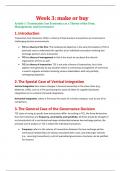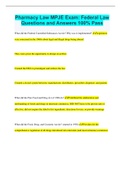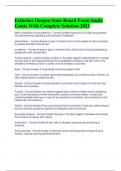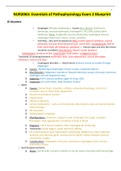Samenvatting
Summary of Supply Chain Strategy_SC Design-Make or Buy_325240-M-6
- Instelling
- Tilburg University (UVT)
Summary of the two articles: o Ketokivi, M., & Mahoney, J. T. (2017). Transaction cost economics as a theory of the firm, management, and governance. In Oxford Research Encyclopedia of Business and Management. o Jensen, P. H., & Stonecash, R. E. (2005). Incentives and the efficiency of publi...
[Meer zien]













